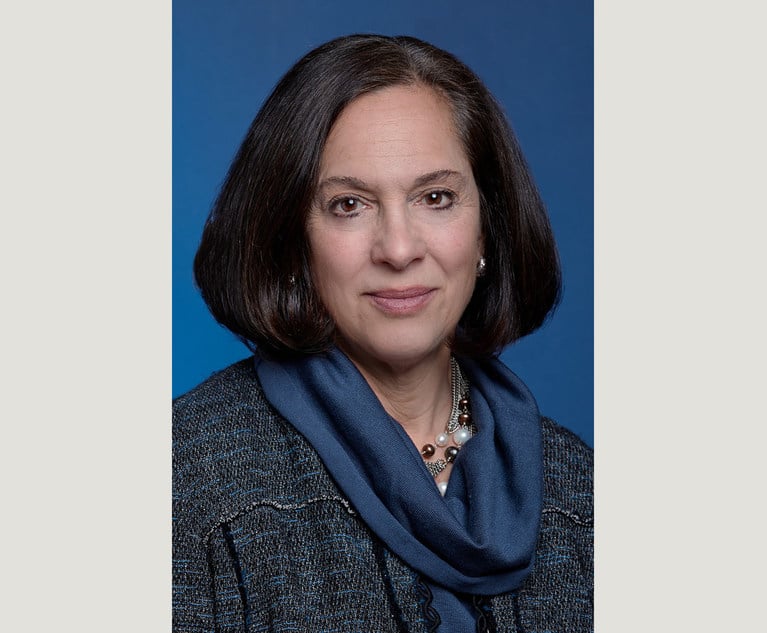I’ve been getting calls from lawyers wondering about retiring. One issue is whether you can receive a fee for a case after you give up your license. The answer is “it depends.”
Practice Book 2-55 allows a lawyer to file a notice of retirement instead of just turning off the phone, closing the mailbox and moving away. The advantage of using that rule is that you end your responsibility for client security and occupational tax payments and get yourself off the list of lawyers maintained by the Judicial Branch. Otherwise, it’s possible that you might be dinged for failing to pay your client security fund payment and be administratively suspended. If you want to do something after practicing law, such as politics, teaching, or selling real estate, being a suspended lawyer is not a good resume item.


 Mark Dubois
Mark Dubois


